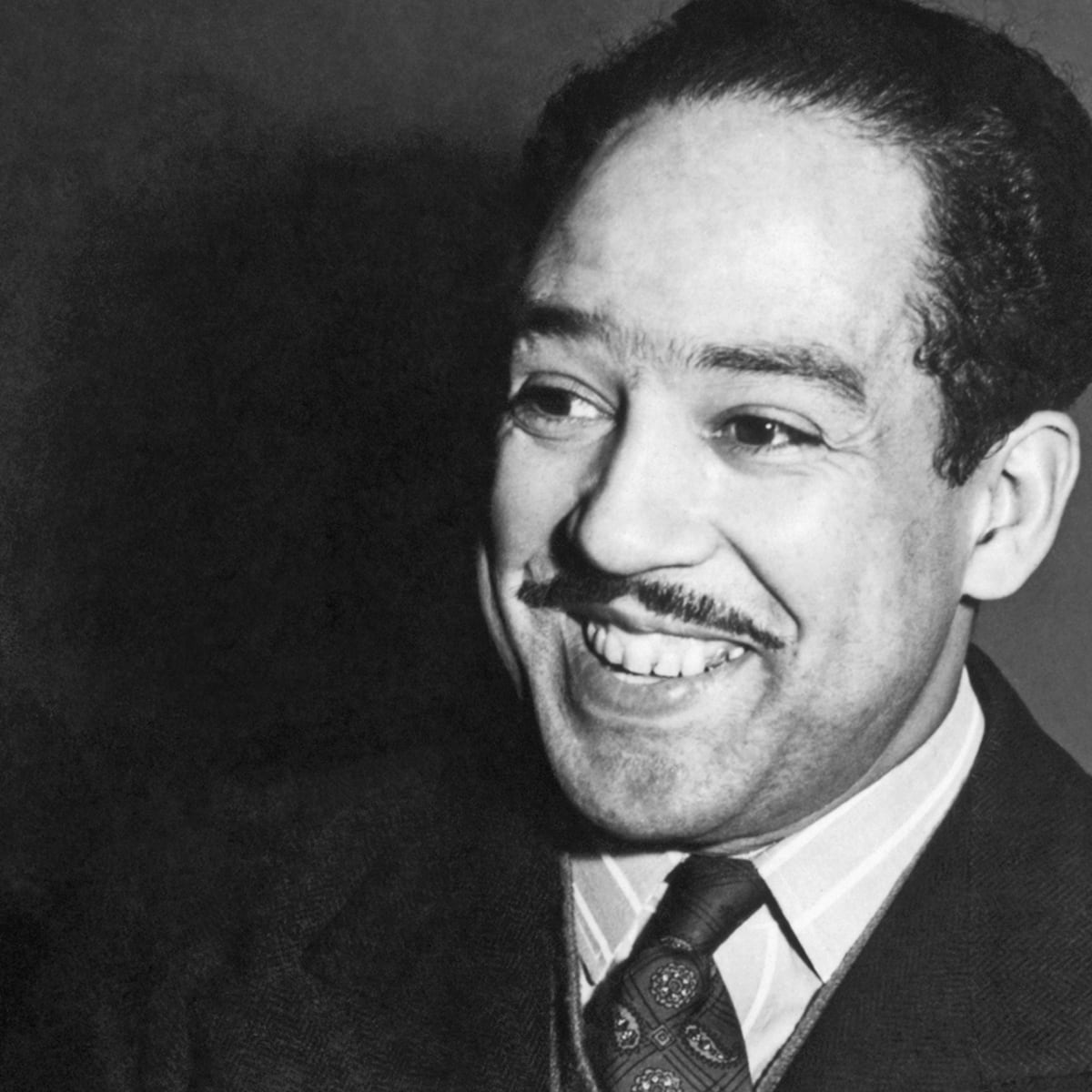To fling my arms wide
In some place of the sun,
To whirl and to dance
Till the white day is done.
Then rest at cool evening
Beneath a tall tree
While night comes on gently,
Dark like me—
That is my dream!
To fling my arms wide
In the face of the sun,
Dance! Whirl! Whirl!
Till the quick day is done.
Rest at pale evening . . .
A tall, slim tree . . .
Night coming tenderly
Black like me.
Published:
1926
Length:
Regular
Literary Movements:
Harlem Renaissance
Anthology Years:
2022
Themes:
Faith & Hope
Joy & Praise
Literary Devices:
Alliteration
the repetition of the same letter or sound at the beginning of words appearing in succession
End Rhyme
when a poem has lines ending with words that sound the same
Repetition
a recurrence of the same word or phrase two or more times
Sensory Detail
words used to invoke the five senses (vision, hearing, taste, touch, smell)
Transferred Epithet
When an adjective usually used to describe one thing is transferred to another.

